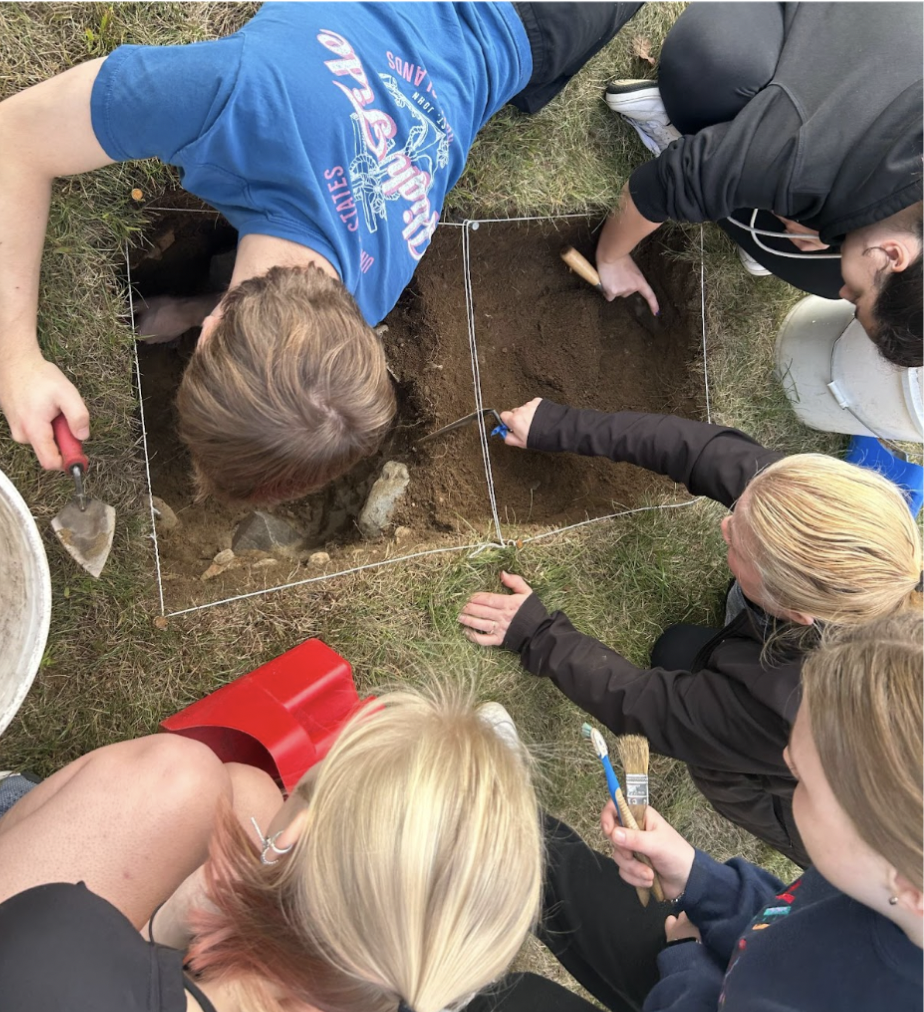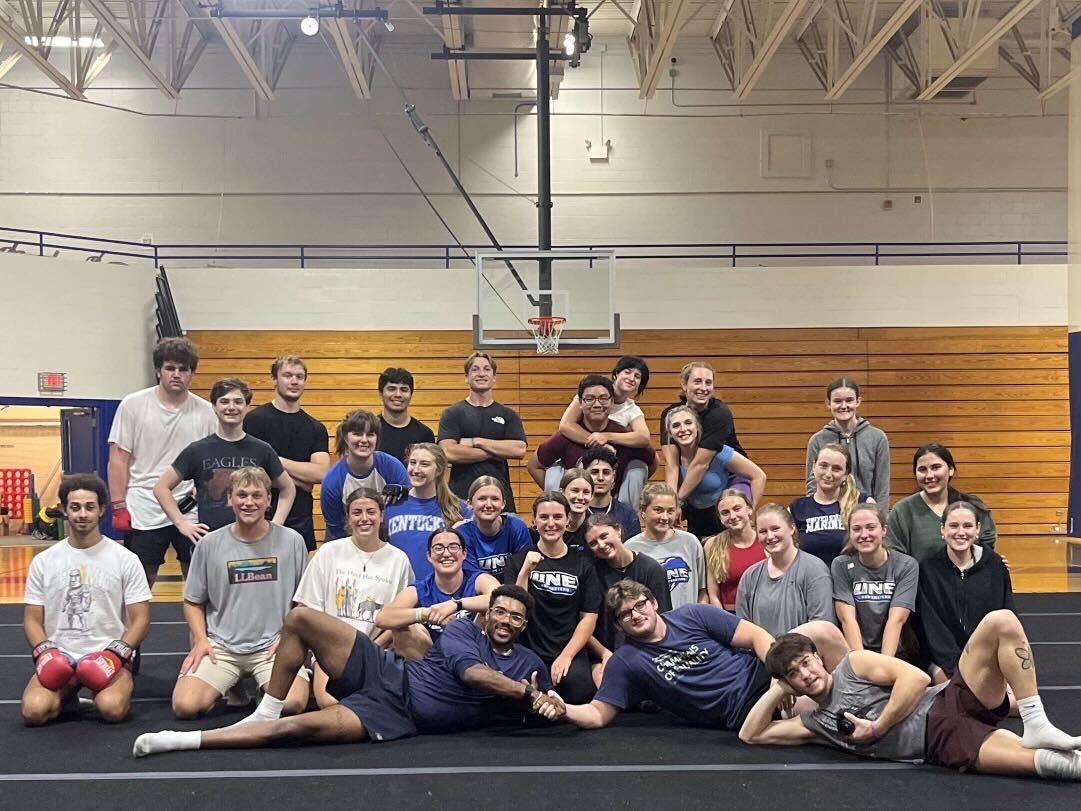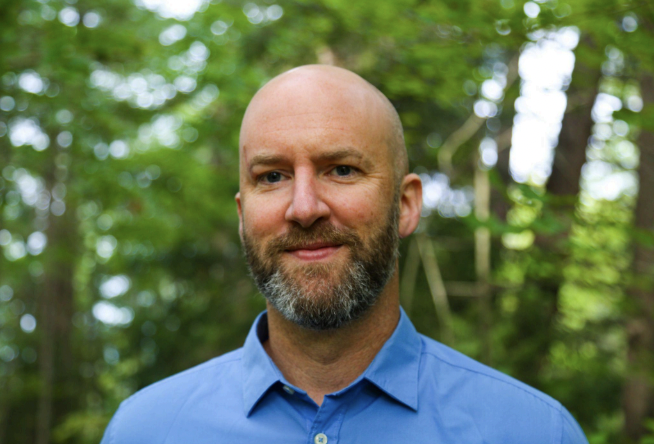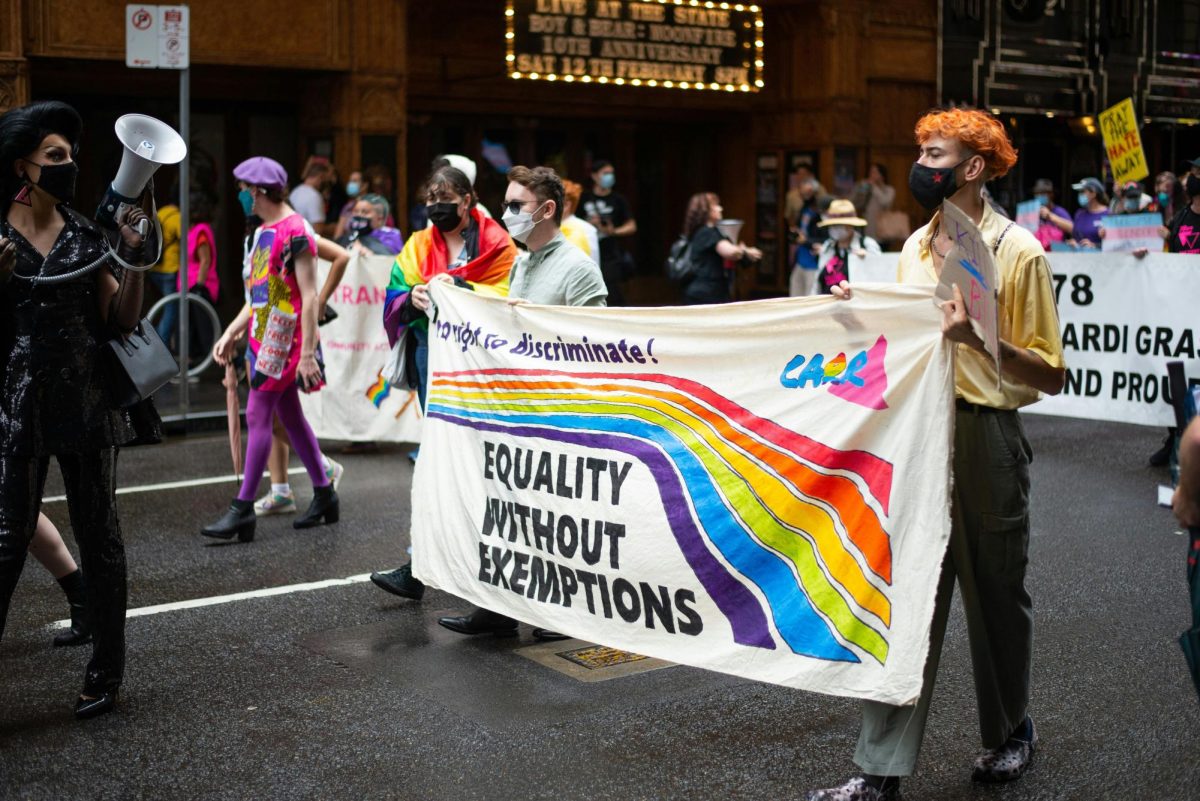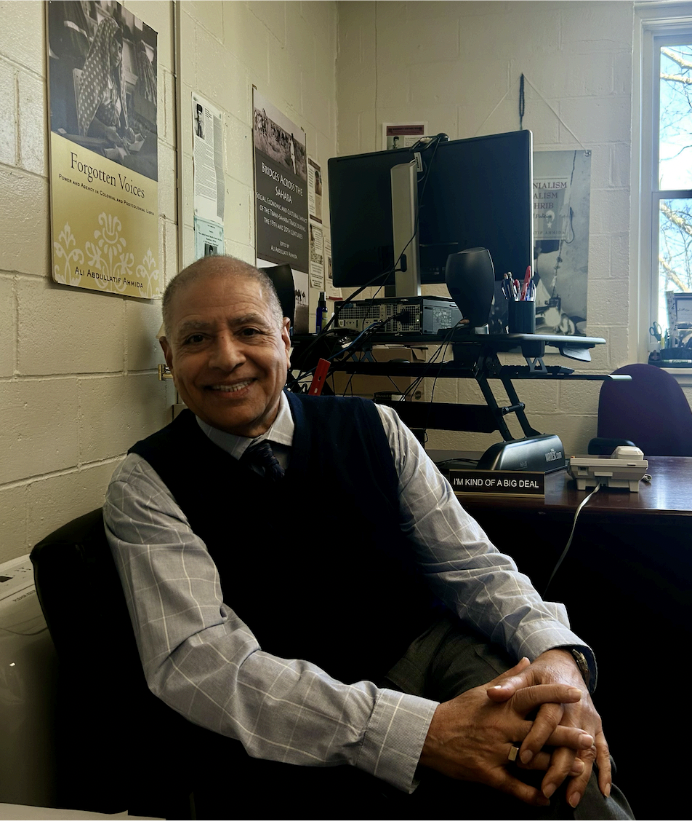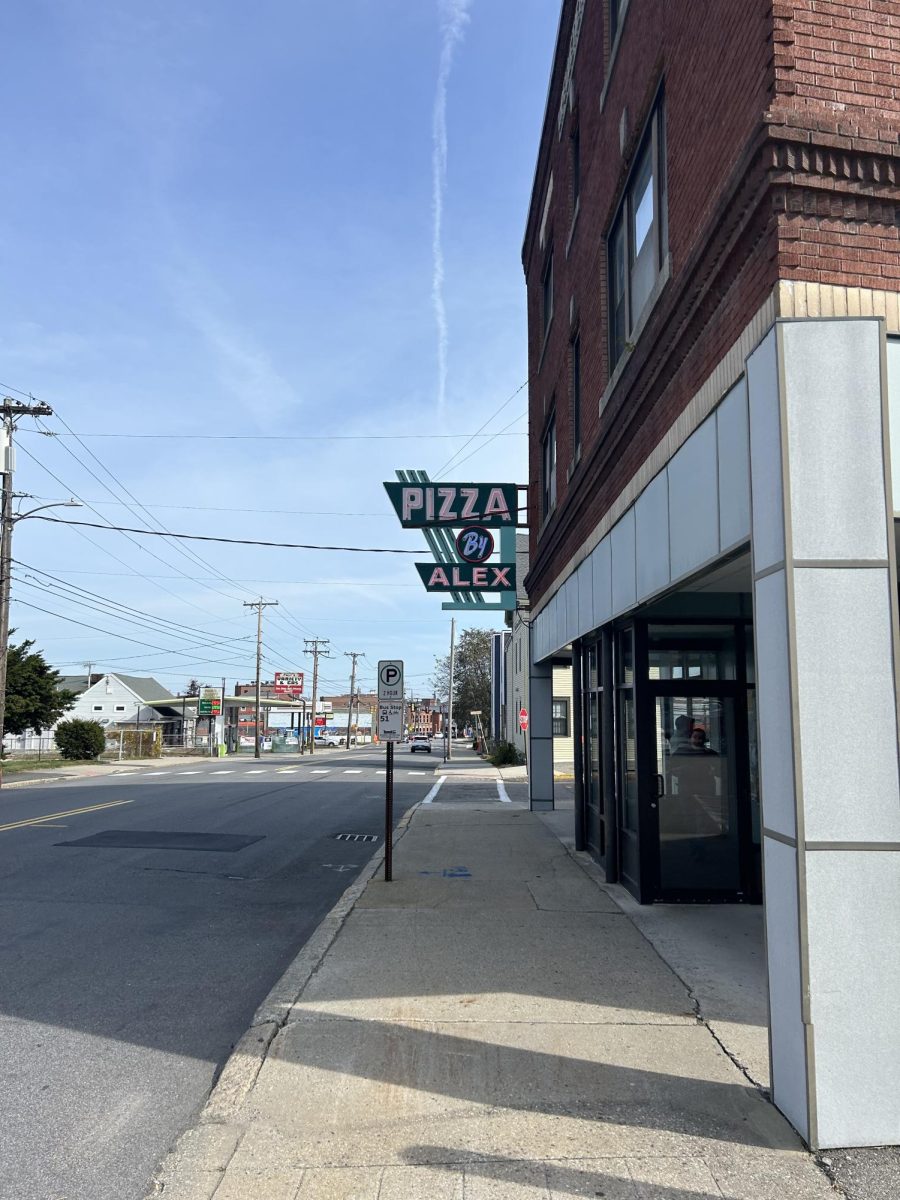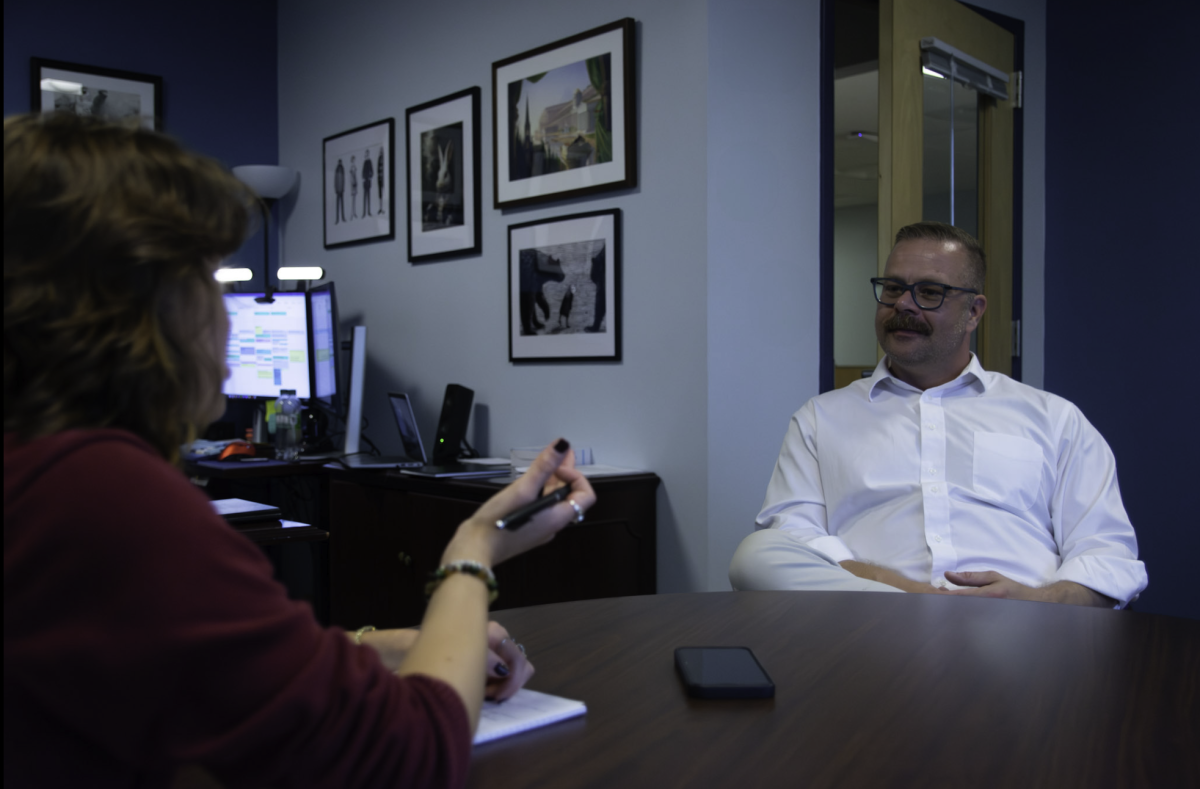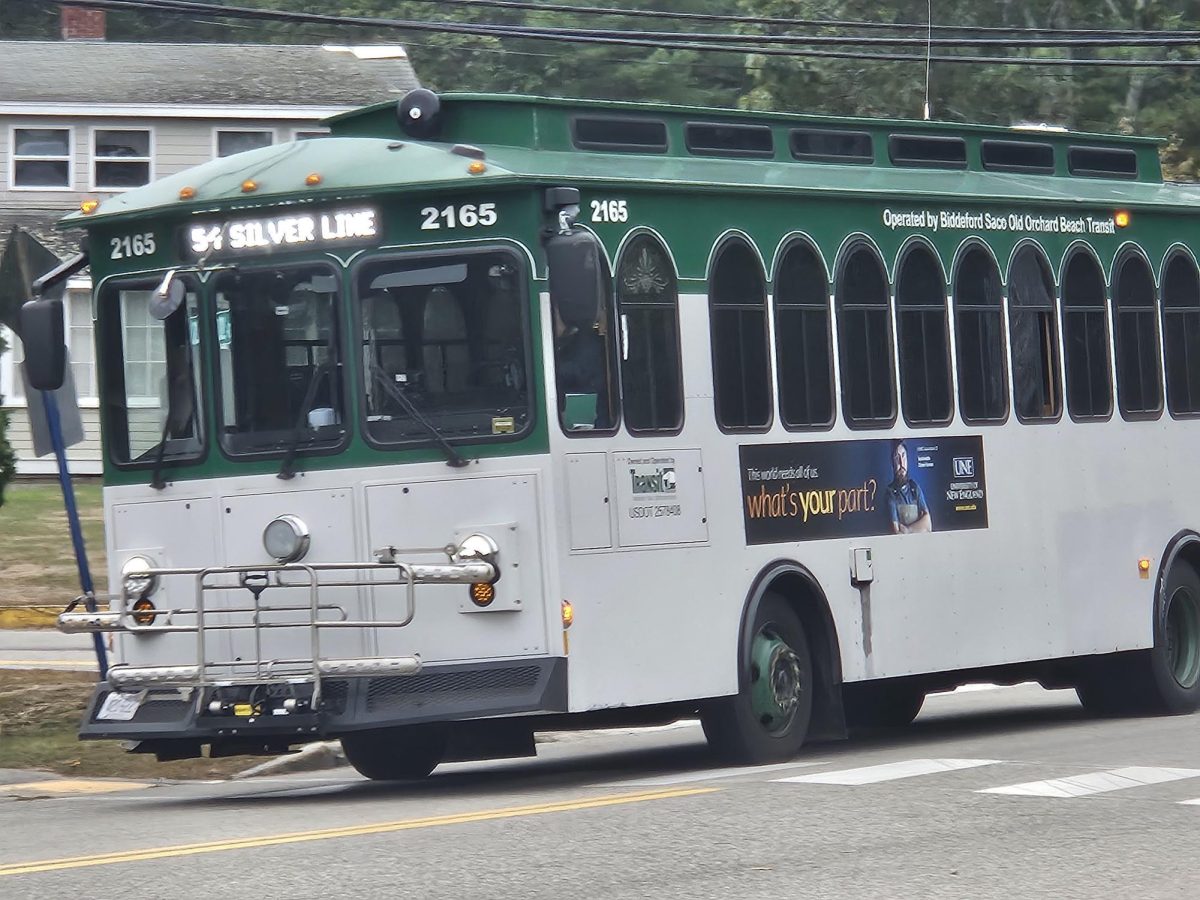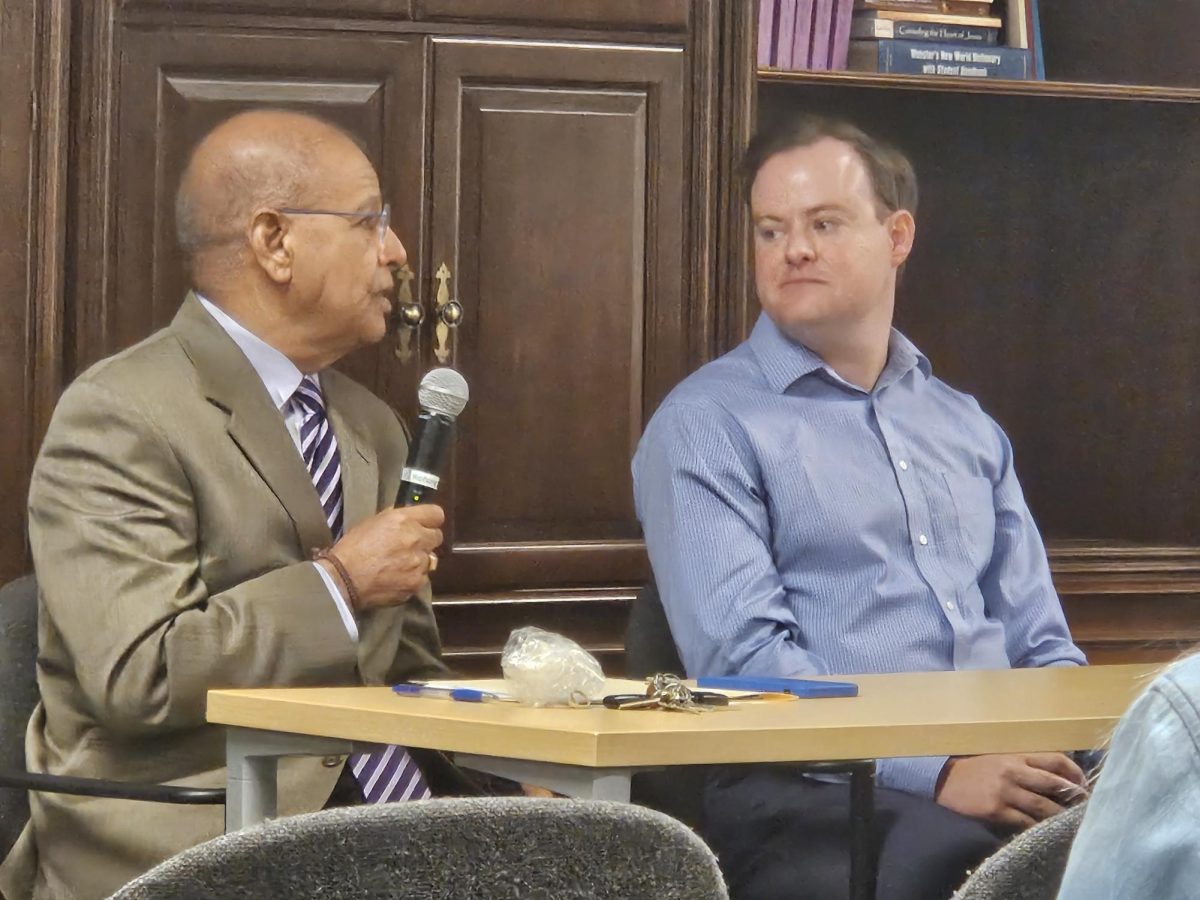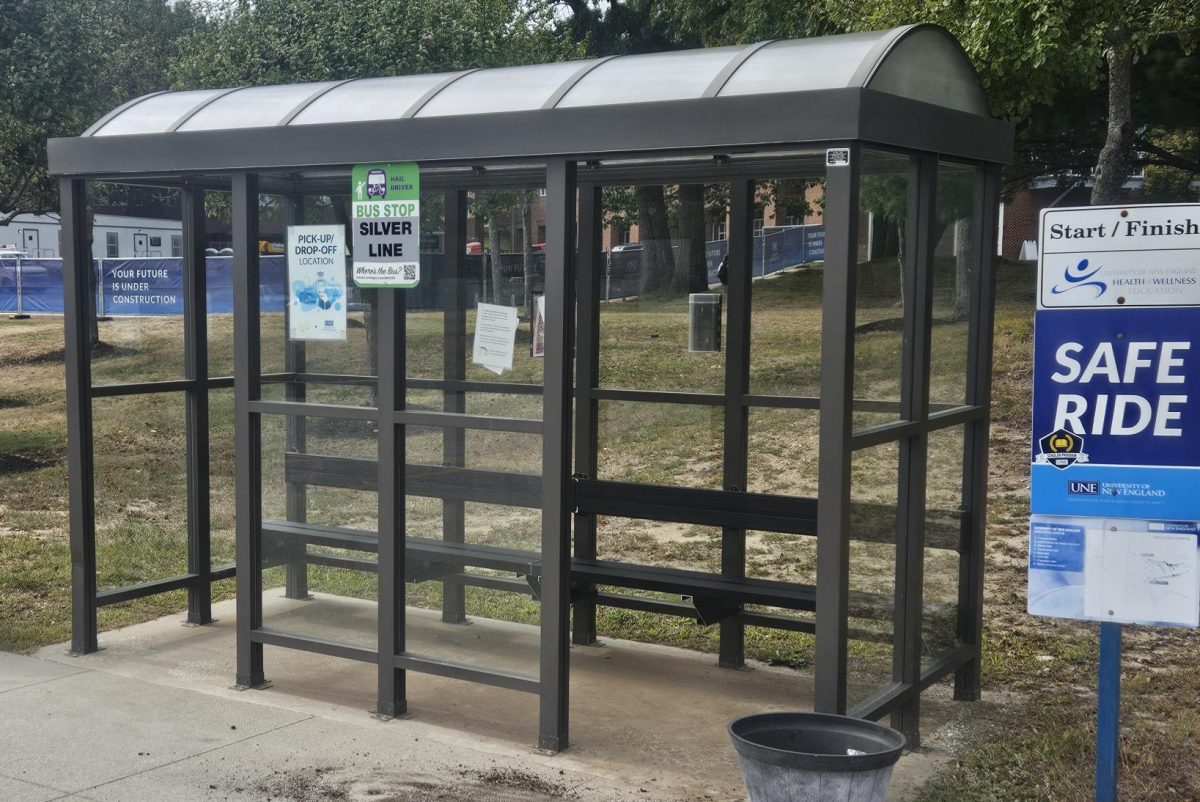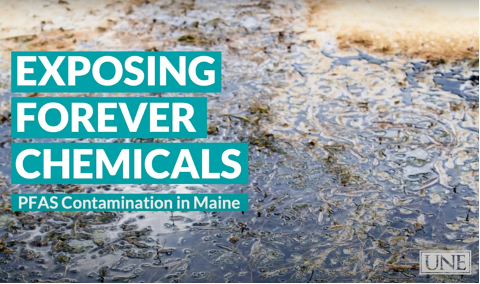
This past Wednesday, on the twentieth of September, the St. Francis Room held the second seminar of a two-part series on the polyfluoroalkyls (PFAS) contamination in Maine. This event was thanks to UNE’s Planetary Health Council1 and the Center to Advance Interprofessional Education and Practice. The segment focused on the agricultural sector of the state and is already available to watch via YouTube2. The first series directed the audience’s attention to the PFAS effects present in humans; that is also available for viewing on YouTube3.
PFAS stands for per- or polyfluoroalkyls, which are man-made chemicals that do not break down in the environment and can persist in human bodies for a long time. Throughout the country, states are individually in the process of working PFAS out of products, however, some PFAS can still be found in food packaging and non-stick cookware, water-resistant clothing, and some cosmetics.
Three speakers presented their expertise on what PFAS are doing to farmlands in Maine as well as what they’re actively working on to aid both the farmers and the affected economy. Mariam Taleb of the Maine Organic Farmers & Gardeners Association was the first speaker. Taleb provided agricultural context to the issue, like the source of PFAS in farming being primarily biosolids, as well as where to continue with the matter of PFAS. Although PFAS are no longer an unknown issue, there is still a lack of both research and sufficient funding for handling PFAS related issues.
PFAS funding involves compensating farmers for the cost of testing their land, as well as setting up a stand-in welfare system to farmers who lost all profitable crop due to contamination. This funding also incorporates researching methods of removing PFAS from contaminated areas and mitigating land use until a methodology of chemical removal completely from the soil can be developed.
Ellen Stern Griswold of the Maine Farmland Trust, the second speaker, emphasized the need to gather research on handling contaminated land as well as what materials farmers should move toward using instead of materials containing PFAS. Griswold and Taleb sparked some hope among the audience with the news that PFAS can be remediated, or fully removed, from contaminated water. However, this does not yet extend to soil mitigation, which creates many questions like: Where are farmers going to raise crops if their fields are contaminated? And, how are PFAS accumulating in our food?
The third and final speaker presented a new direction to the seminar. Maine’s 32nd District State Senator, Henry Ingwersen, introduced the political context to PFAS. In the state of Maine, legislation is actively being written to ban PFAS in non-essential uses by 2030. Ingwersen detailed the fight that lawmakers are making for the betterment of their constituents; it is an arduous battle given the prevalence of PFAS.
Well, what does this mean for us? Theanswer wasn’t as simple as “be a good and responsible recycler” or “reduce the amount of electricity you use.” Instead, as Griswold reminds us that PFAS being an issue is a relatively recent development, which means that it is severely under-researched. The whole world is in our hands now: we have the means to become chemists, environmentalists, politicians, professionals of essentially any career and be able to carry out a mass effort towards PFAS research, removal, and repair.
A fellow professor in the crowd asked whether the reveal of PFAS being so harmful will sway us to do more research into the materials of our products before they reach the shelf. It’s frustrating that the creations of our forefathers have become a heap of problems that we must solve. Although, with that line of questioning, we could be the generation entering the workforce that prevents anymore “X, Y, and Z found in this product is now found to be hazardous.”
On a final note, both Taleb and Ingwersen pointed out that beyond attending seminars like this exact one, we can immerse ourselves in a greater community, one that expands beyond the campus grounds, beyond downtown Biddeford and Saco, beyond the neighboring ZIP codes, to make both our hopes and concerns known and heard. This is no individual effort, nor is it the effort of one town. Altogether, we have to do something, or else, together, we will have done nothing. And that is the most daunting bit of it all.
1 Link to Planetary Health Council Website
2 Link to Exposing Forever Chemicals Seminar Part 1, hosted in April 2023
3 Link to Exposing Forever Chemicals Seminar Part 2, hosted in September 2023




